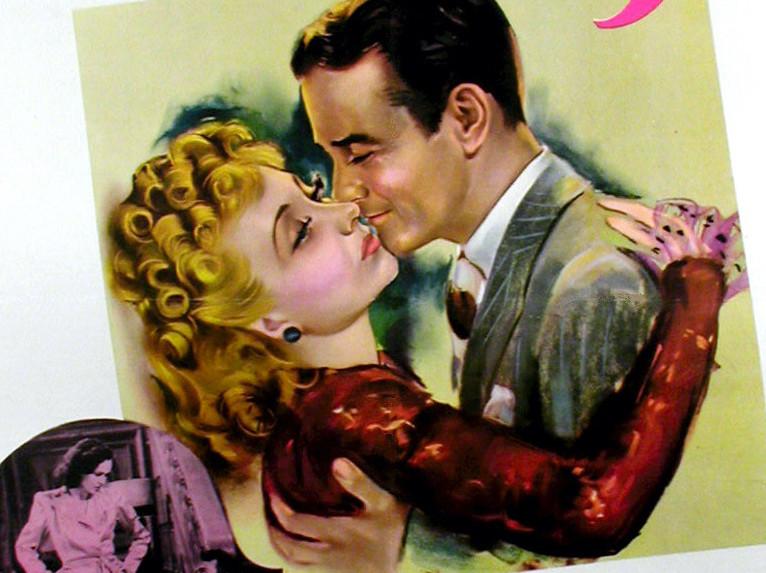Commentary
There’s an old saying: “Money can’t buy happiness.” It also can’t buy love, attention, or the companionship provided by a loving family. This message is at the heart of many films, especially from the Golden Age of Hollywood, where every film had a moral and left the audience feeling enlightened. Oftentimes, children of rich or famous families have suffered worse neglect than those living in the slums. A businessman or celebrity can so easily get caught up in his life of work or pleasure that he neglects his children, thinking that money and gifts can take the place of a nurturing, loving family life. However, no amount of cash or expensive belongings can fill the void of an absent parent.





